
Harness Frustration to Build Wealth: Lessons from Insurance, Inflation, and Gratitude


Frustration can be a powerful tool for transformation. Learn how to reframe every frustration into amazing opportunities build your wealth.
Life has a way of presenting us with challenges that feel frustrating at first.
Recently, while navigating the complexities of an insurance claim, I was struck by how maddening the process seemed.
It felt frustrating—until I stopped to ask myself a simple question: What if, instead of resenting these systems, I found a way to benefit from them? That moment of reflection transformed my frustration into an opportunity, and ultimately, into gratitude.
This frustration inspired this series of articles: two weeks ago, we explored the lessons the insurance industry can teach us about running profitable businesses, and last week, we examined what insurance companies can teach us about investing. This week, we’ll look at lessons from this mindset shift, and how we can use it to transform frustrations into opportunities for growth and gratitude in our personal and financial lives.
This shift wasn’t just about seeing things differently—it was about recognizing the power of reframing challenges into lessons and frustrations into opportunities. Here’s how this perspective can help you create not just wealth, but a sense of gratitude and purpose.
From Frustration to Fascination: Investing in What Profits From You
When faced with a system that seems designed to profit off you, it’s easy to fall into a cycle of complaints.
Insurance, credit cards, and subscription services are prime examples of industries where we feel “taken advantage of.” But what if those frustrations were actually pointing to strong, profitable business models? Instead of railing against them, why not consider joining them—as an investor?
Take insurance companies. They operate with a level of predictability and efficiency that allows them to consistently profit—even during claims-heavy years. The very systems that frustrate policyholders also protect shareholders.
When you invest in these companies, you go from being a frustrated consumer to a grateful owner who benefits from their success.
This shift applies across industries. From tech platforms to retail giants, the businesses that thrive on consumer participation are often worth studying and investing in.
Once you own a piece of the pie, your perspective changes.
You’re no longer just a customer—you’re part of the system benefiting from the very efficiencies you once found annoying.

Challenges as Story Gold: Turning Payout Delays Into Content
Besides investing, there are numerous ways to turn frustration into something valuable.
In my business, creating content is a powerful way to do this. Frustrating experiences often contain lessons that can educate, connect, and inspire others, transforming challenges into meaningful stories.
Frustrations can make excellent content. Challenges, especially those that test your patience, often carry valuable lessons that resonate deeply with others.
That long payout timeline, while they might seemed burdensome, also highlight the discipline and planning behind the business model. By documenting this process, I found opportunities to teach others about patience, preparation, and the importance of understanding financial systems. Sharing these insights not only helps others but also reinforces your own learning and builds credibility.
This very article series began as a way to process my frustrations. By turning those experiences into teachable moments, I’ve transformed obstacles into opportunities for connection, learning, and growth.
From Frustration to Gratitude: The Hidden Gift of Inflation
This extends beyond individual businesses.
Consider inflation, a force that frustrates many. Rising prices can feel like a drain on purchasing power, but as an asset owner, inflation starts to look different. Assets like real estate, dividend-paying stocks, and even shares in businesses that thrive during economic shifts often increase in value as inflation rises.
Owning assets, especially ones that have pricing power, shifts your perspective. Inflation stops being purely a cost and starts becoming an opportunity. For example, insurance companies tend to thrive during inflationary periods because they can adjust premiums to match rising costs, and their investment portfolios often include assets that benefit from inflation.
Gratitude becomes easier when you align yourself with forces that work in your favor. Instead of feeling victimized by economic trends, you can position yourself to benefit from them.
Gratitude as the Ultimate Hack
At its core, this shift is about cultivating gratitude—not just for the obvious blessings in life, but for the hidden opportunities within frustrations and challenges. Gratitude transforms how you see the world. It reframes inconveniences like long wait times, bureaucratic processes, or inflation as indicators of growth, lessons, and even wealth-building opportunities.
This doesn’t mean ignoring real difficulties. It means choosing to view those difficulties through a lens of abundance. When I began practicing gratitude during my insurance claim process, I stopped seeing it as an annoyance and started appreciating the lessons it offered. I became grateful for the chance to better understand a profitable industry and even more grateful for the opportunity to participate in its success.
This gratitude-first mindset doesn’t just reduce stress—it empowers you. It helps you see the big picture and uncover opportunities where others only see obstacles.
Practical Steps to Apply Gratitude
Here’s how you can start turning frustration into gratitude and opportunity:
- Look for Investment Opportunities Where You Spend
- Identify businesses or industries that consistently profit from you, such as insurance or subscription services.
- Study their financial performance and consider investing in them.
- Recognize that as an owner, you’ll benefit from the very systems that once frustrated you.
- Turn Challenges Into Content
- Reflect on your frustrations and consider how they could teach others.
- Share these insights through stories, blogs, or videos.
- Use these experiences to build trust and connection with your audience.
- Embrace the Gratitude Asset Mindset
- Shift from being a consumer to an investor by acquiring assets that thrive during economic challenges.
- Practice daily gratitude by reflecting on how even frustrating experiences can bring growth or opportunity.
- View economic forces like inflation as mechanisms that can strengthen your portfolio.

Why Gratitude and Opportunity Go Hand in Hand
Gratitude isn’t just about feeling good—it’s about seeing clearly. When you approach life with gratitude, frustrations become teachers, challenges become springboards, and obstacles become opportunities. Gratitude helps you move from being a passive participant to an active creator of your future.
This perspective is especially fitting during Thanksgiving week. As we gather to reflect on what we’re thankful for, let’s not overlook the unlikely blessings that come in the form of frustrations and obstacles. These moments, while uncomfortable, often hold the keys to our next breakthroughs.
Conclusion: Turning Life’s Frustrations Into Wealth and Gratitude
Reflecting on my insurance claim, I realized that the real lesson wasn’t about the payout. It was about shifting my mindset. By choosing to invest in the systems that frustrated me, reframing challenges as content opportunities, and cultivating gratitude, I gained far more than I expected. I became an investor, a storyteller, and someone who sees abundance even in unlikely places.
As you navigate your own frustrations—whether with businesses, economic forces, or life’s challenges—I encourage you to pause. Look for the opportunity hidden within. How can you invest in what profits from you? How can you share your journey with others? And how can you find gratitude, even for inflation, knowing that it fuels growth for those positioned to receive it?
This Thanksgiving, let’s give thanks not just for the obvious blessings but also for the challenges that teach us, the systems that grow us, and the opportunities that make us wealthy in every sense of the word.

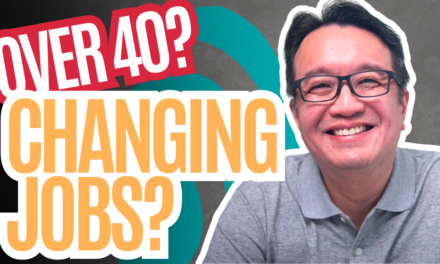
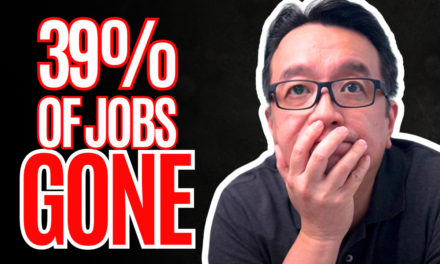
















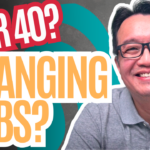
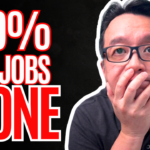


Recent Comments